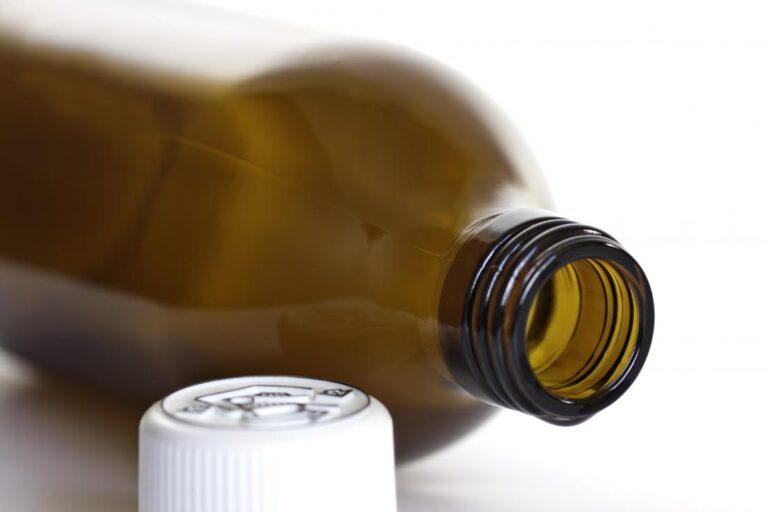Hair loss can be a real embarrassing and distressing experience for both men and women. Factors such as stress, hormonal imbalances, medication, and certain medical conditions can contribute to hair thinning and baldness. While there are various treatments available, many individuals seek natural remedies and lifestyle changes to address the issue. In this article, we will explore effective ways to stop hair loss and regrow hair naturally, considering the impact of stress, PCOS, medication side effects, postpartum hair loss, alcohol consumption, vitamin deficiencies, essential oils, and the effects of COVID-19.
Understanding the Causes of Hair Loss
1. Stress-Related Hair Loss:
Stress can lead to a condition called telogen effluvium, where hair prematurely enters the resting phase and falls out. To reduce stress-related hair loss, it’s essential to incorporate stress management techniques into your daily routine, such as exercise, meditation, deep breathing exercises, and engaging in activities you enjoy.
2. Hair Loss and PCOS:
Polycystic ovary syndrome (PCOS) can contribute to hair loss due to hormonal imbalances. Managing PCOS with a healthy diet, regular exercise, and medical intervention can help prevent further hair loss. Consult with a good and reliable healthcare professional for personalized advice.
3. Medication Side Effects:
Certain medications, such as semaglutide and Wellbutrin, have been associated with hair loss. If you suspect that your medication is causing hair loss, consult your doctor to discuss potential alternatives or ways to minimize the impact on your hair.
Preventing and Treating Hair Loss Naturally
1. Diet and Nutrition:
A balanced diet which is rich in some essential nutrients can help in promoting healthy hair growth. Include foods high in vitamins, minerals, and proteins, such as leafy greens, eggs, lean meats, nuts, and seeds. Additionally, consider taking supplements like biotin, zinc, and vitamin D after consulting with a healthcare professional.
2. Postpartum Hair Loss:
Many women experience hair loss after childbirth. This is a natural occurrence due to hormonal changes. When it comes to hair growth, the hair generally and typically regrows within a few months. In the meantime, gentle hair care practices, such as avoiding heat styling tools and using mild shampoos, can help minimize hair breakage.
3. Alcohol Consumption:
Excessive alcohol consumption can disrupt hair growth cycles and lead to hair loss. Limiting alcohol intake and staying hydrated can improve overall hair health. Additionally, incorporating a nutrient-rich diet and avoiding excessive caffeine intake can further support hair growth.
4. Essential Oils for Hair Growth:
Some essential oils, such as rosemary oil, have shown potential in stimulating hair growth. When used in combination with a carrier oil like coconut or jojoba oil, they can be massaged into the scalp to improve blood circulation and promote hair regrowth. However, perform a patch test before using any essential oil and consult with a dermatologist if you have any underlying scalp conditions.
5. COVID-19 and Hair Loss:
Some individuals have reported hair loss as a potential side effect of COVID-19 infection. It is believed to be a result of the physiological stress caused by the illness. In most cases, hair regrowth occurs once the body has fully recovered. However, if you experience prolonged or severe hair loss, consult with a healthcare professional for a comprehensive evaluation.
6. Rogaine for Men:
Rogaine, or minoxidil, is an FDA-approved topical treatment for hair loss in men. It works by prolonging the hair growth cycle and stimulating regrowth. Before using Rogaine, consult with a dermatologist to determine if it is suitable for your specific condition and follow the recommended usage instructions.
Conclusion
Hair loss can have a significantly high impact on one’s self-esteem, confidence and overall well-being. By understanding the causes and incorporating natural remedies and lifestyle changes, you can effectively prevent hair loss and promote regrowth. Addressing stress, managing hormonal imbalances, being mindful of medication side effects, maintaining a nutritious diet, and incorporating essential oils can all contribute to healthier hair. Remember, consistency and patience are key when pursuing natural hair regrowth methods. If you are concerned about hair loss, consult with a healthcare professional or dermatologist for personalized advice and guidance.
This content was originally published here.




















